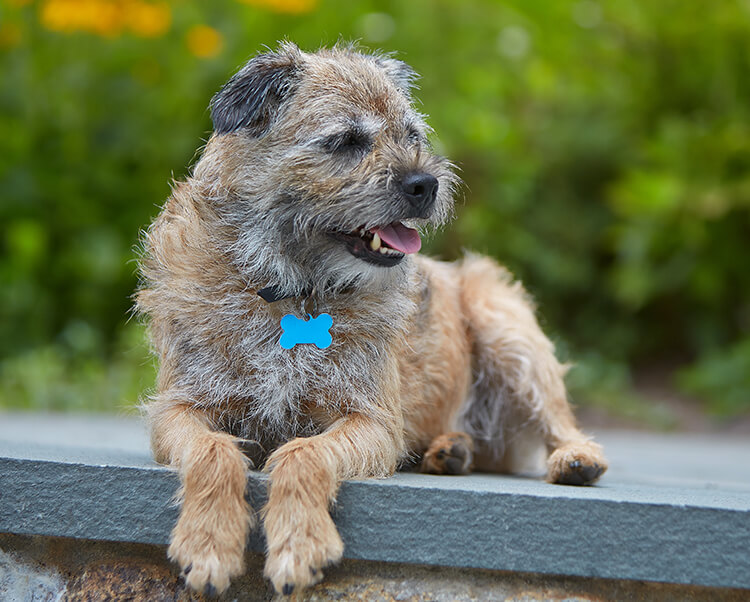You should begin training as soon as you receive your dog. The primary purpose of early training is for you to learn how to communicate your expectations to your dog from the start. Early training ensures that you are clear about the boundaries you wish to set and know how to best communicate your expectations, and that your family approaches the dog in a consistent, unified manner.
We serve the Greater Boston MetroWest area including Needham, Chestnut Hill, Newton, Wellesley, Weston and Dover.
Cavalletto Canine schedules lessons from Monday through Thursday 10am-3:30pm.
All clients must begin with a 1-hour, comprehensive consultation to identify the level of training needed ($300/hr). Please visit our Services pages for more information on training and counseling costs.
We do not offer group classes and have found that private lessons provide the most effective learning environment.
No. Training results are only successful when we work with the owner and the dog, together! A dog is not trained until the trainer is also trained.
Absolutely. Cavalletto Canine can help you choose a dog that best fits your family/household dynamic. Please visit our Dog Selection and Preparation Services page for more information.
The answer depends on your overall level of commitment, and your dog. Through our experience, we typically see positive results during the first lesson, but typical puppy clients complete 10+ hour long lessons spread out over a period of 4-12 months dependent on client goals and commitment.
Yes. The dynamic of your entire family affects how your dog behaves. While the whole family need not be present at all training sessions, it is important that we explore how your family interacts with one another and with your dog. Often, individual behaviors have to be fine-tuned before we can achieve success with your dog. Also, inconsistent styles of interaction will undermine communication. Having family members present at training sessions (as often as possible) ensures that training goals are met more quickly because your dog receives the same messages from each person.
An older dog is harder to train than a puppy. However, it is never to late for you – the human – to learn better, more consistent communication skills that will positively affect your relationship with your dog. If you are unsure of the efficacy of training your older dog, please schedule a consultation. We will let you know if there is potential for training opportunities and, at the very least, can suggest the best practices for coping with problem behavior.
We have extensive working knowledge of all breeds and their characteristics.
Cavalletto Canine operates beyond the usual capacity of dog trainer. Dan Cavalletto, owner and founder of Cavalletto Canine, possesses a deep understanding of dog and human behavior as well as the nuances of the human/dog relationship. Dan and his team bring intuition, empathy, and creativity to your particular situation and build a custom training program that is specific to you and your family, your dog, and your environment.
In general, Cavalletto Canine can address most challenges due to Dan’s ability to understand the source of your dog’s behavioral or training problems, and to tailor a solution that will maximize success. However, the degree of success depends on sustained owner involvement as well as the dog’s temperament. Human and dog relationships are complex. Behavior problems cannot be “fixed” because they stem from various causes. Cavalletto Canine will help you understand these causes as you work together to address each of them for maximum results. For more information, please visit our Approach Page.
Absolutely. You learn to train your dog alongside Dan, so that you can eventually do it on your own. His methods ensure that your clear, consistent commands are met with a uniformly positive response from your dog.
Our passion and goal is to help people understand and relate effectively to their dogs as valued family members. We focus on the opportunity for training in everyday interaction, not on tricks.
Every dog is different and every set of circumstances has a specific impact on your dog’s behavior. Every family, dog, situation, environment and challenge is unique and our training is customized to your distinct dynamic. As such, the measurement of success depends the client’s engagement.


